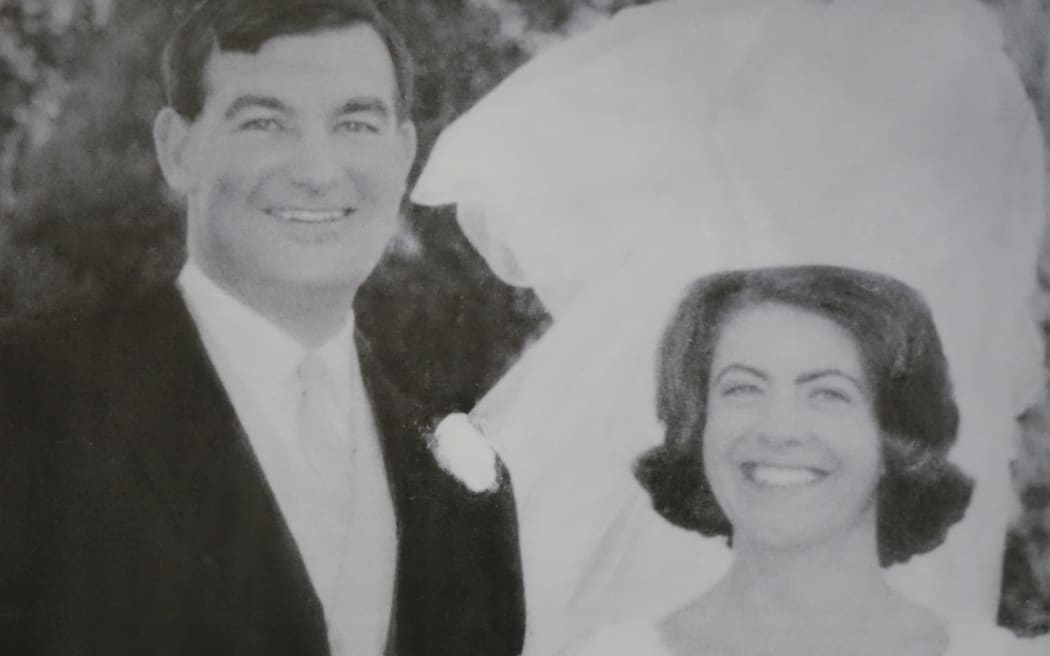A former lawyer for Arthur Allan Thomas has criticised the police review into the Crewe murders as a complete waste of time and money.
Mr Thomas was twice convicted of the murders of Harvey and Jeannette Crewe but later freed after a scathing Royal Commission in 1980 into the police investigation. Mr Thomas was pardoned and was paid compensation.

Harvey and Jeannette Crewe on their wedding day. Photo: SUPPLIED
A four-year long police review released on Wednesday said there was no new information has come to light that would prompt police to initiate further inquiries or realistically identify the offender.

Peter Williams QC Photo: Sara Orme Photography
Peter Williams, QC, who represented Mr Thomas at the Royal Commission, said nothing's been achieved.
"This report really is without any validity or probative value. It is completely useless, it has been a waste of time, it is completely focused on one side and some of the things that they say are virtually defamatory."
Mr Williams said the review should have been done independently, not by the police.
Jeanette and Harvey Crewe were just 30 and had a young child when they were shot dead at their property at Pukekawa in Waikato in 1970. Their bodies were dumped in the Waikato River.
The police review findings say there is a clear link to physical evidence from the Thomas farm to the murders.
That includes a rifle, similarity between the wire found on Mr Crewe's body and wire at the Thomas farm, and the axle believed to have weighed Mr Crewe's body down in the river having links to a trailer previously owned by Mr Thomas' father.
The review says there is evidence suggesting Mr Thomas as a person who may have committed the murders, alone or with others - but also that he may be innocent and a victim of injustice.
Police have apologised to the Crewe's daughter Rochelle, who was 18 months old at the time of the murders, for a number of shortfalls in the original investigation which led to missed opportunities and allowed for continuing public speculation.

